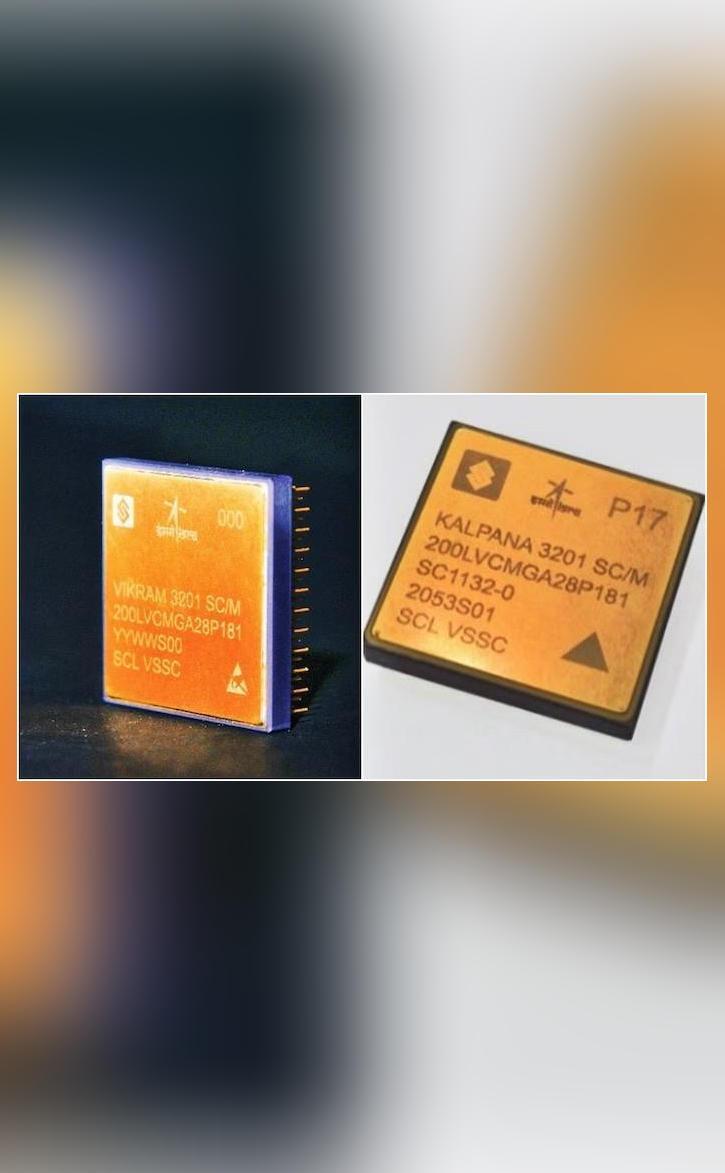
ISRO & SCL develop 32-bit microprocessors for space applications
The Indian Space Research Organisation (ISRO) and the Semiconductor Laboratory (SCL) in Chandigarh have made a significant breakthrough in the field of space technology by jointly developing two 32-bit microprocessors, VIKRAM3201 and KALPANA3201. These microprocessors have been designed and developed specifically for use in space applications, marking a major milestone in India’s journey towards self-reliance in the field of space technology.
VIKRAM3201 is the first fully “Make-in-India” 32-bit microprocessor that has been qualified for use in the harsh environmental conditions of launch vehicles. This achievement is a testament to the capabilities and expertise of Indian scientists and engineers, who have worked tirelessly to develop a technology that can withstand the extreme conditions of space travel.
The development of these microprocessors is a significant step forward in India’s space program, which has been making rapid progress in recent years. With the successful launch of several satellites and spacecraft, including the Mars Orbiter Mission and the Chandrayaan-1 mission, India has established itself as a major player in the global space industry.
So, what makes VIKRAM3201 and KALPANA3201 so special? These microprocessors are designed to operate in extreme temperatures, from -55°C to 125°C, and can withstand the vibrations and shocks associated with launch and space travel. They are also capable of operating at high altitudes and can tolerate radiation levels that are much higher than those found on Earth.
The development of these microprocessors is a collaborative effort between ISRO and SCL, which is a premier research and development institution in the field of microelectronics. SCL has been working closely with ISRO for several years to develop a range of microelectronic components, including integrated circuits, and has now successfully developed two 32-bit microprocessors that meet the stringent requirements of space applications.
The VIKRAM3201 microprocessor is a 32-bit RISC (Reduced Instruction Set Computing) processor that operates at a clock speed of up to 200 MHz. It has a dedicated memory management unit (MMU) and supports a range of interfaces, including USB, SPI, I2C, and UART. The microprocessor is designed to be highly power-efficient and can operate on a low power supply of just 1.2 volts.
The KALPANA3201 microprocessor is a 32-bit RISC processor that operates at a clock speed of up to 100 MHz. It has a dedicated MMU and supports a range of interfaces, including USB, SPI, I2C, and UART. The microprocessor is designed to be highly reliable and can operate in extreme temperatures, making it an ideal choice for use in space applications.
The development of these microprocessors is expected to have a significant impact on the Indian space industry, as it will enable ISRO to design and develop more complex and sophisticated spacecraft and satellites. The microprocessors will also enable Indian space scientists and engineers to develop more advanced and reliable space-based systems, which will be critical for a range of applications, including Earth observation, communication, and navigation.
In conclusion, the development of VIKRAM3201 and KALPANA3201 microprocessors by ISRO and SCL is a significant achievement that marks a major milestone in India’s journey towards self-reliance in the field of space technology. These microprocessors are designed to operate in extreme temperatures and can withstand the vibrations and shocks associated with launch and space travel, making them ideal for use in space applications. The development of these microprocessors is expected to have a significant impact on the Indian space industry and will enable ISRO to design and develop more complex and sophisticated spacecraft and satellites.






